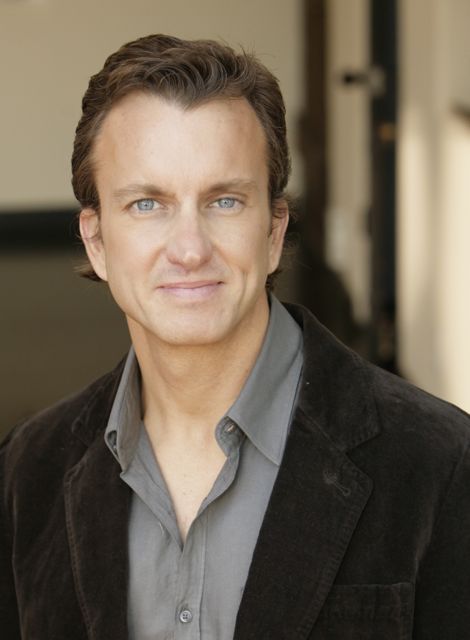
08 Oct Shrink Rap: Warning Signs, Drug Abuse
Editor’s Note: Dr. Paul Hokemeyer is a part-time local, who lives and works in Manhattan, Malibu, and Telluride. He is a nationally recognized expert on Eastern philosophies, relationships, and emotional healing. A Licensed Marriage and Family Therapist, he holds a Ph.D in psychology, as well as a doctorate in the law. Dr. Paul also contributes to many prestigious news outlets, including The New York Times, CNN, The Wall Street Journal, Good Morning America, The Today Show, Fox News, Oprah Radio, etc. From time to time he has penned a column, Shrink Rap, for Telluride Inside.. and Out.
Dr. Paul was recently interviewed by Lauren Brown West-Rosenthal for shape.com on the subject of “8 Drug Abuse Warning Signs Everyone Should Know About.”
It’s been five months since the world went into mourning over the death of Prince—and then went into even deeper shock when it was revealed that the “Purple One” was actually fighting demons in the form of substance abuse. But last night, Today Show anchor Tamron Hall made a startling admission about her best friend Prince on Watch What Happens Live: Even she had no clue that he was struggling with an addiction of any kind. Prince’s close friends and family were blindsided that his cause of death was a prescription drug overdose. Hall told Andy Cohen that she’s “learned a lot about substance abuse since then, and I think that people hide these dark secrets from the people they love.” And months later, she still questions whether she missed the signs. “I never saw him even drink!” she said on the show. “So for me it was a devastating thing that I’m still dealing with.”
Unfortunately, Prince’s story is not an uncommon one. Many addicts are private about their drug habits and suffer through addictions without telling their loved ones. “The most significant and destructive characteristic of addictions is that they occur in isolation,” says Paul Hokemeyer, Ph.D., senior clinical fellow at Caron Ocean Drive, an addiction treatment program with locations in Pennsylvania and Florida. “I’ve had many patients who, from all outside appearances, are highly successful. Lurking in the depths of their being, however, is the insidious effect of a substance abuse disorder.” About 90 percent of the patients Hokemeyer treats for drug and alcohol addiction are considered “high-functioning addicts” meaning they’re in the top 1 percent of income earners, have advanced educational degrees, are celebrated by their field, and are engaged with their friends and family. “This external presentation makes their addictions difficult to identify and challenging to treat,” he explains.
Still, there are subtle signs and behavioral changes you can look out for if you ever feel concerned that a loved one is acting strange or could have a problem with substance abuse:
Defensiveness
Perhaps someone gets defensive for no reason when you ask innocent questions about their day or what they were doing during a time when you weren’t together. “Addictions are layered in denial and rationalizations about their existence,” Hokemeyer says. “They work like mad to stay alive and healthy—often at the expense of the person’s physical, relational and emotional well-being.”Mood swings…



Sorry, the comment form is closed at this time.